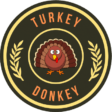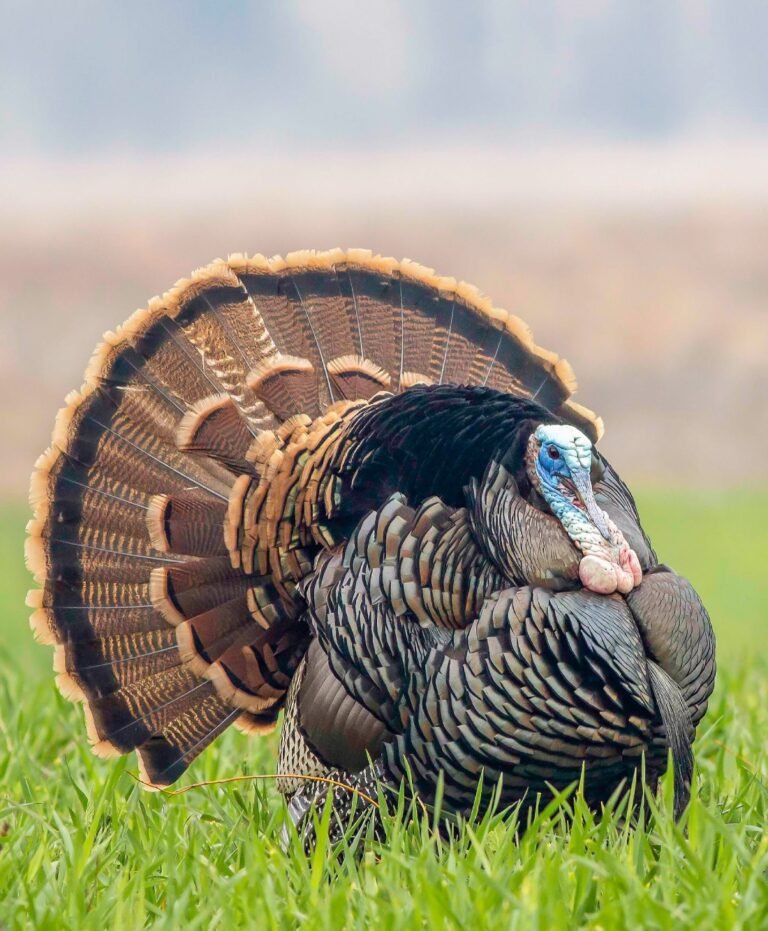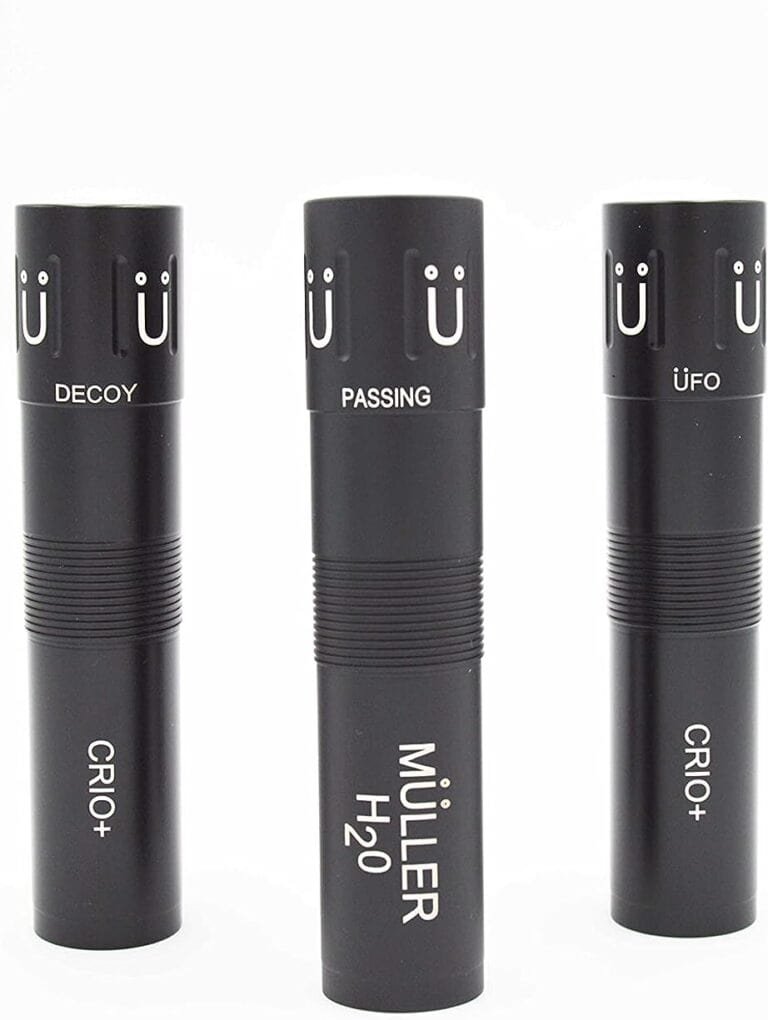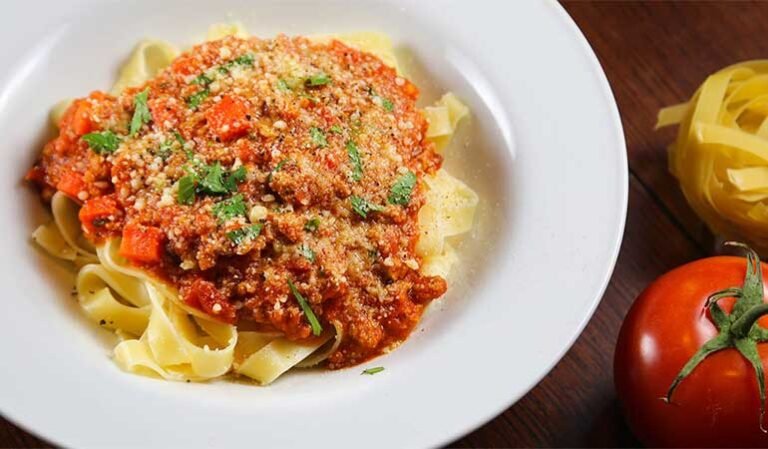Best Pellets for Turkey – What You Need to Know
Turkey pellets are a crucial component in modern turkey farming. These specially formulated feeds ensure turkeys’ well-being and optimal growth. In this blog, we will discuss the best pellets for turkey.
To provide balanced nutrition, turkey pellets are carefully crafted to meet the specific dietary needs of turkeys at different stages of their lives. From poults to fully grown birds, these pellets offer a convenient and efficient way to deliver essential nutrients that support healthy development, strong immune systems, and efficient weight gain.
Brief Overview of Turkey Pellets in Turkey Farming
In turkey farming, nutrition is key to successful production. To thrive and reach their full potential, turkeys must receive a diet that fulfills their nutritional requirements. This is where turkey pellets come into the picture.
These compact feed forms are easy for farmers to handle and ensure that turkeys can access all the necessary nutrients in an easily digestible format. Whether raised for meat or breeding purposes, providing the right pellets promotes optimal growth rates, reduces health issues, improves feed conversion efficiency (FCR), and ultimately leads to higher productivity.
Key Factors to Consider When Choosing the Best Pellets for Turkeys
Selecting suitable turkey pellets can significantly impact a turkey farm’s overall performance and profitability. Several important factors should be considered when choosing the best pellets for turkeys:
- Nutritional Content: The nutritional composition of pellet feeds varies based on age, purpose (meat vs. breeding), and production stage(growing vs finishing). It is crucial to ensure that the chosen pellets contain adequate levels of protein, energy sources like grains or oilseeds, vitamins, minerals, and other essential nutrients needed by turkeys at their specific stage of development.
- Pellet Quality: The quality of pellets can influence consumption rates, palatability, and feed conversion efficiency. Look for pellets that are uniform in size, have good pellet integrity to minimize dust or fines, and are free from any signs of spoilage or contamination.
- Feed Conversion Efficiency (FCR): FCR is a critical metric that measures how efficiently turkeys convert feed into weight gain. Choosing pellets with optimal FCR can help maximize growth rates and minimize feed wastage.
- Sourcing and Brand Reputation: Consider the reputation of the manufacturer or brand producing the turkey pellets. Research their track record, customer feedback, and whether they follow industry best practices and quality control standards.
- Affordability: The cost-effectiveness of turkey pellets should be weighed against their nutritional value. While choosing high-quality feeds is essential, ensuring they fit within the farm’s budgetary constraints is also important.
Considering these factors will help determine the most suitable turkey pellet option that meets both the birds’ nutritional needs and the farm’s operational requirements.
Types of Turkey Pellets
Traditional Pellets
Traditional turkey pellets have long been a staple in turkey farming due to their practicality and widespread availability. These pellets typically comprise a mix of grains, such as corn and wheat, and protein sources, like soybean meal.
The combination of these ingredients provides a balanced nutritional profile for turkeys. One of the key benefits of traditional pellets is their affordability, making them a popular choice for large-scale turkey production. However, traditional pellets do come with some drawbacks. They may contain additives or fillers that are not natural or organic, which could raise concerns over potential health impacts on the turkeys consuming them.
Organic Pellets
The demand for organic products has also extended to the realm of turkey feed, leading to the development of organic turkey pellets. Organic pellets are produced using ingredients grown without synthetic pesticides or fertilizers and processed without artificial preservatives or additives. This ensures that the final product is free from potentially harmful substances that could be passed onto the turkeys.
Organic pellets offer several advantages; they promote healthier and more natural growth in turkeys and help meet consumer demands for organically raised poultry products. However, it’s important to note that organic pellets may be more expensive than traditional ones due to the higher cost of sourcing and producing organic ingredients.
High Protein Pellets
High protein pellets are specially formulated to cater to the protein requirements at different stages of turkey growth. These specialized pellets feature an elevated level of proteins sourced from high-quality ingredients like fishmeal or soybean meal. The high protein content aids muscle development, feather growth, and overall performance during critical periods such as brooding or pre-breeding phases.
High protein pellets help ensure optimal growth rates and maximize weight gain in turkeys by providing an extra protein boost. However, farmers must be cautious when using high-protein pellets to avoid overfeeding, as excessive protein intake can negatively affect their health and productivity.
Nutritional Content
Importance of balanced nutrition in turkey feed
When it comes to turkey farming, ensuring a balanced and nutritious diet is vital for the health and well-being of the birds. Just like us humans, turkeys require a variety of essential nutrients to thrive.
A properly balanced diet promotes growth and development, strengthens their immune system, and enhances their productivity. Farmers can help prevent nutrient deficiencies or excesses that may lead to various health issues by providing turkeys with the right nutritional content in their pellets.
Essential nutrients to look for in turkey pellets
When choosing the best pellets for turkeys, one must pay close attention to the essential nutrients they contain. These include proteins, carbohydrates, fats, vitamins, minerals, and fiber. Proteins are crucial in muscle development and maintenance, while carbohydrates provide energy for daily activities.
Fats are necessary for hormone production and absorption of fat-soluble vitamins. Vitamins such as A, D3, E, and B complex vitamins (including B12), folate, biotin, and choline are important for metabolism and overall health.
Minerals like calcium, phosphorus, and potassium are needed for bone strength and various physiological functions. Dietary fiber aids digestion and ensures proper gut health in turkeys.
Age-Specific Formulations
Different nutritional requirements at different stages of a turkey’s life
As turkeys progress through different stages of their lives – from poults (young chicks) to grower turkeys – their nutritional requirements change significantly. For instance, during the initial phase, when poults are just hatching out of eggs or being newly introduced into farms, they require higher protein levels. This supports rapid growth rates during this critical period. As they transition into the grower stage, their protein requirements decrease, and the focus shifts towards ensuring balanced nutrition for steady growth and overall health.
How age-specific formulations cater to specific needs
Feed manufacturers offer age-specific formulations to meet the diverse nutritional needs of turkeys at different stages of life. These specialized pellets are formulated to provide precise levels of essential nutrients required for optimal growth and development.
By tailoring the nutrient composition to turkeys’ changing requirements, these pellets ensure that vital nutrients are available in adequate amounts. For instance, starter feeds for poults contain higher protein content to support their rapid growth, while grower feeds have a more balanced nutrient profile to meet the birds’ evolving needs as they mature.
Feed Conversion Ratio (FCR)
Understanding FCR and its significance in evaluating pellet quality
The Feed Conversion Ratio (FCR) is a crucial metric used to assess the efficiency of feed utilization by turkeys. It measures how much feed is required to produce a unit of weight gain in the birds. A lower FCR indicates better conversion efficiency, meaning that less feed is needed for a turkey to achieve desired growth.
Evaluating pellet quality based on FCR helps farmers identify cost-effective feeding options while minimizing wastage and maximizing productivity. Optimal FCR also indicates that the pellets are well-formulated with appropriate nutrient ratios, promoting healthy weight gain without excessive fat deposition.
How to choose pellets with optimal FCR for efficient feed utilization
To choose turkey pellets with an optimal Feed Conversion Ratio (FCR), farmers should consider factors such as ingredient quality, nutrient digestibility, and pellet texture. High-quality ingredients sourced from reputable suppliers ensure that essential nutrients are readily available for absorption by turkeys during digestion. Nutrient digestibility refers to how efficiently turkeys can extract nutrients from the pellets, so selecting highly digestible pellets promotes better FCR.
Additionally, pellets with a suitable texture encourage turkeys to consume them readily, leading to efficient feed utilization and improved FCR. Farmers can make informed choices when selecting turkey pellets that optimize feed conversion efficiency by considering these aspects.
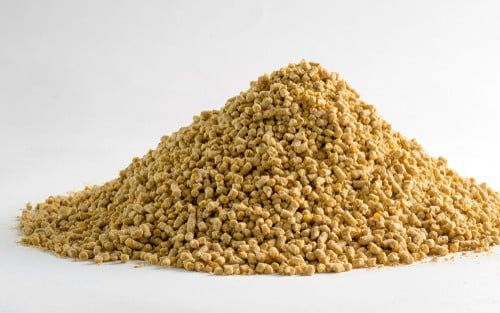
Conclusion
Choosing the best pellets for your turkeys is a crucial decision that can significantly impact their health and growth. Whether you opt for traditional, organic, or high-protein pellets, it’s essential to consider factors such as nutritional content, age-specific formulations, and feed conversion ratios. When exploring different brands and products, evaluate customer feedback and reviews to gain insights into their effectiveness.
So give these feathered friends what they deserve – one filled with nutritious turkey pellets! Your flock will thank you with robust health, vibrant plumage, and delicious feasts.
